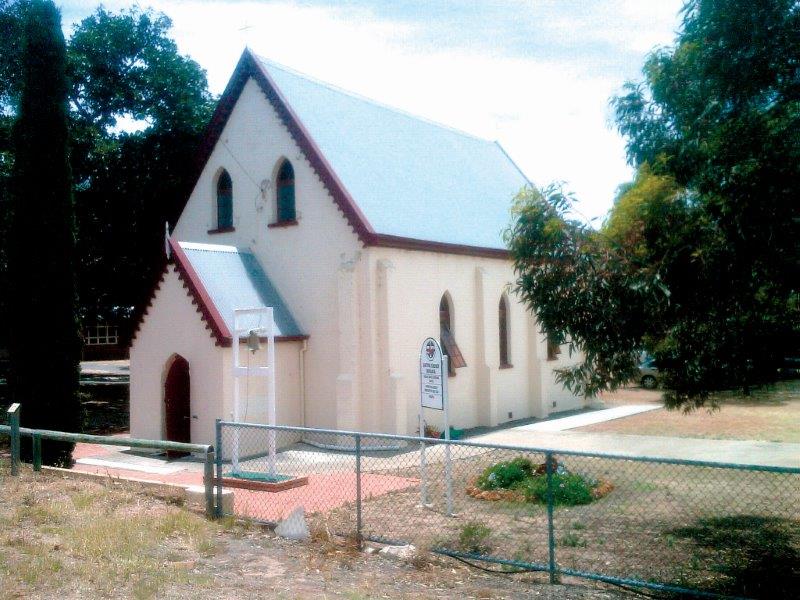
‘A rural community is people living across a wide rural-based area serviced by a small town (often with limited facilities) which is a central hub for interdependent activities which meet social, commercial, educational and spiritual needs.’ Rural Ministries Working Group
Jesus came and lived amongst people, ministering to people, loving people. The church is a community of people who are bound by that rule of love, giving of themselves for one another as Jesus gave himself for them (John 13). The community of the church is called to live that life of love in all aspects of its life which includes in the wider community. Community in a rural setting tends to be far more intense than in the city. In our small country towns each person is known to the other through the network of community groups in the town. In pastoral care of each other this both helps and hinders the local church community. Everyday pastoral care comes naturally to those we know, and the church community relates easily to the whole community.
There are times when knowing each other too well hinders the sharing of deep secrets and hurts which need attending to. It can be very hard in some circumstances to let someone be Christ to you, particularly when they meet you each day in the street. This type of sharing can change the nature of a community. This can be frightening, even if it is for the better. Our rural communities share the common bond of dependence upon the seasons. Whether they are farmers or small business people in the town, the movement of the seasons reflects in all their living. The changing seasons, growth and decay, light and darkness all impact on the community. A good season helps everyone, farmer and small business alike. In a patchy season, one neighbour may get a better crop than the neighbour next door. This sets up a dilemma within the town community as some farmers are flush with funds while another simply increased their debt. The relationships within the community can get very complex. The caring for each other can be expressed by not spending up when funds are available when your neighbour is not in the position to do the same.
Extending hospitality comes very naturally to most rural people. Loaded banquet tables are a common sight when the rural people come together. Living the Gospel imperative of offering friendship and hospitality to the stranger can sometimes have a mix of outcomes. Visitors are always welcomed. Newcomers to town may sometimes meet with a welcome, but may also encounter the ‘outsider’ complex for several years before they are accepted as a local.
Many rural people are living out their faith each day, living by the values which Jesus taught. Their values are witnessed in the many groups to which they belong. Yet, in common with the majority of city people, they find it hard to communicate the Gospel to their community in a meaningful way. Questions like ‘how do you start talking about your faith to someone you have known for most of your life?’ and ‘how do the community know that the relationships you share and the impetus to be active in the community comes from the passion of faith within you?’
It is easy for people in a church community to talk about (theologise) being in community. The reality is, we are called to be Christians in the wider community, living out the love and hope of our faith, and passing that love and hope onto others.
Rev Lorraine Stokes, rural ministry co-ordinator